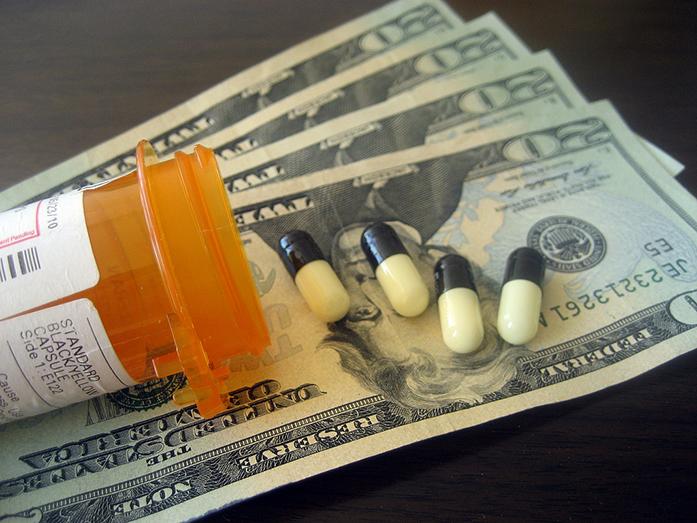I’m not proud to say it.
It was the 1960s. Illegal drugs were everywhere. I was a young lawyer, a hippie-public official. That’s what kept me from drugs — not health concerns, personal discipline, or common sense. Illegal drugs simply couldn’t be part of my life.
That doesn’t mean I’m a “War on Drugs” fan.
It’s occasionally involved our government in the cocaine trade. Illegalization has promoted more crime, not less, possibly contributing more deaths from dealers’ guns than their drugs. Lack of quality control makes illegal drugs even more deadly.
Not only has it cost taxpayers billions of dollars, it has simultaneously kept the government from collecting taxes on drug sales.
Rarely, it reduces supply. But that just drives up street prices and dealers’ profits. It’s the reason America has the highest percentage of incarcerated citizens — including more blacks working as prison laborers today than once worked as slaves.
So what’s the alternative?
In 2001, Portugal repealed criminal penalties for possession of marijuana, cocaine, and heroin. Fears of increased consumption and public costs proved unwarranted. Teens’ drug use and HIV from dirty needles declined. Addicts seeking treatment doubled. Addicts’ health services were cheaper than incarceration.
The Rio Olympics’ chaos surrounding performance-enhancing drugs brought Portugal’s experience to mind.
Athletes’ PED use began with the first Olympics more than 2,000 years ago. Today, it’s present in most sports — and from high school to college to the Olympics to professional athletes. Efforts to stop it have proven as futile as our 1920s prohibition of alcohol.
If only ineffective, it would just be a waste of money. As it is, it also infuses otherwise sportsmanlike contests with subterfuge and deceit, to the harm of sports’ fans, athletes, and our children. It increases athletes’ health risks from unsafe drugs, dosages, and lack of physician monitoring. It encourages escalating sophistication in design and detection of substances.
Besides, why need athletes be protected from themselves? Injuries and death occur in many sports; athletes “assume the risk,” legally and morally — think brain injuries from football. Why shouldn’t adults be free to do their own risk assessments for doping?
Because you’re looking for a level playing field? It doesn’t exist.
Many things enhance performance. Wealthy parents who start training kids at age 3, pay for private coaching and clubs, and free their college students from any need to work. Poor African students who must run 10 miles to school each day. Coaches with the sports-science expertise, including diets, to maximize training efficiency. High-altitude workouts to gain an oxygen boost upon return.
Doping also affects performance. But because it is also illegal, surreptitious, and widespread, it creates a terrible conflict for coaches and athletes. Dope and risk getting caught? Or comply with the rules, and fail to shave the hundredths of a second that can make winners out of losers?
Organized athletics, including the Olympics, should consider the sports equivalent of the Portugal approach. Let doping join the long list of other performance-enhancing efforts, with approved drugs, dosages, and medical supervision.
A perfect solution? Far from it. But with a 2,000-year history of failed bans, it just may be the least-worst alternative. It would be safer, less deceitful, and create a more honorable and level playing field for athletes, coaches, and fans alike.
Nicholas Johnson



